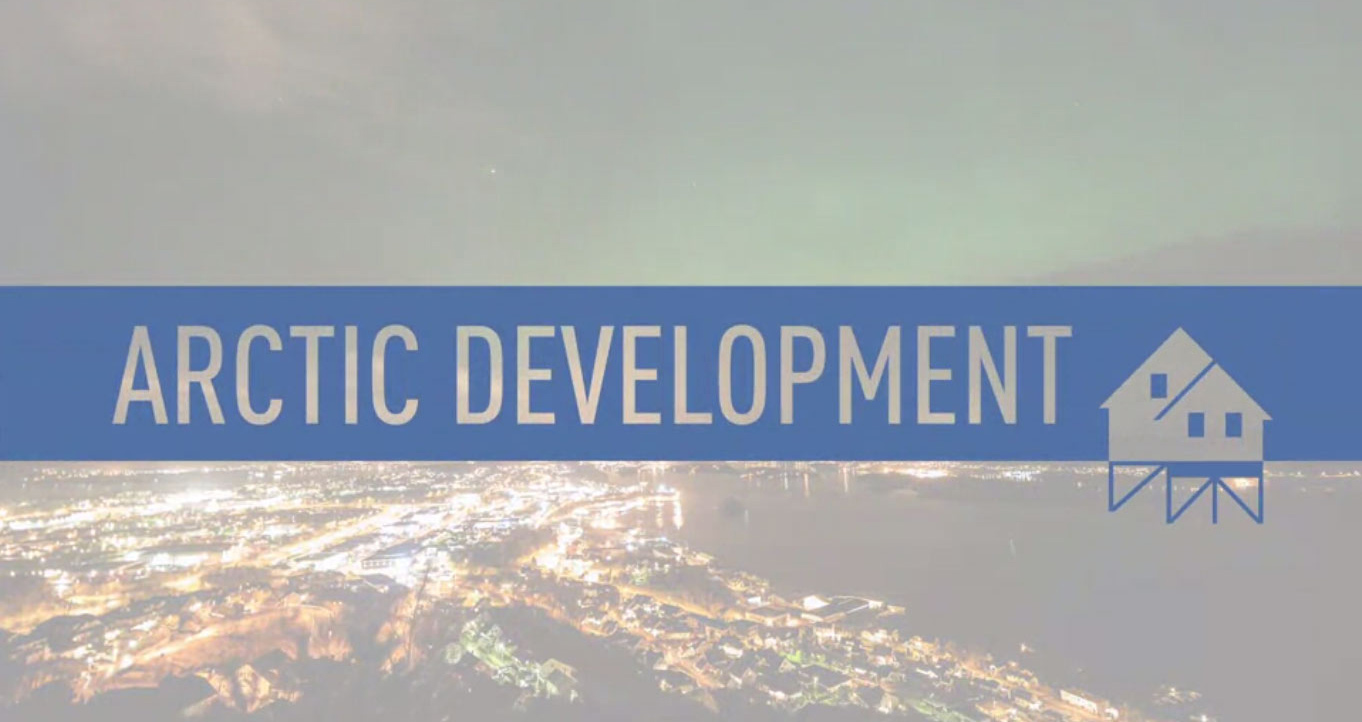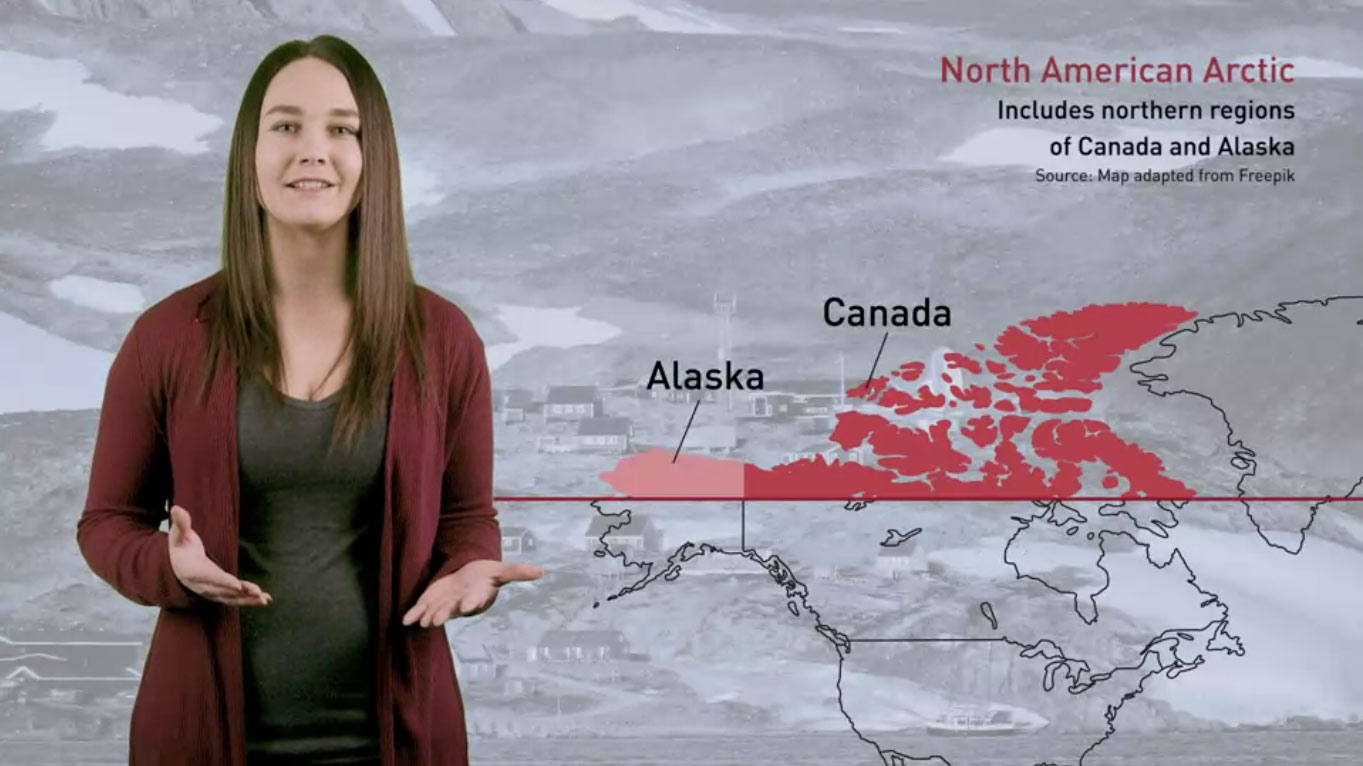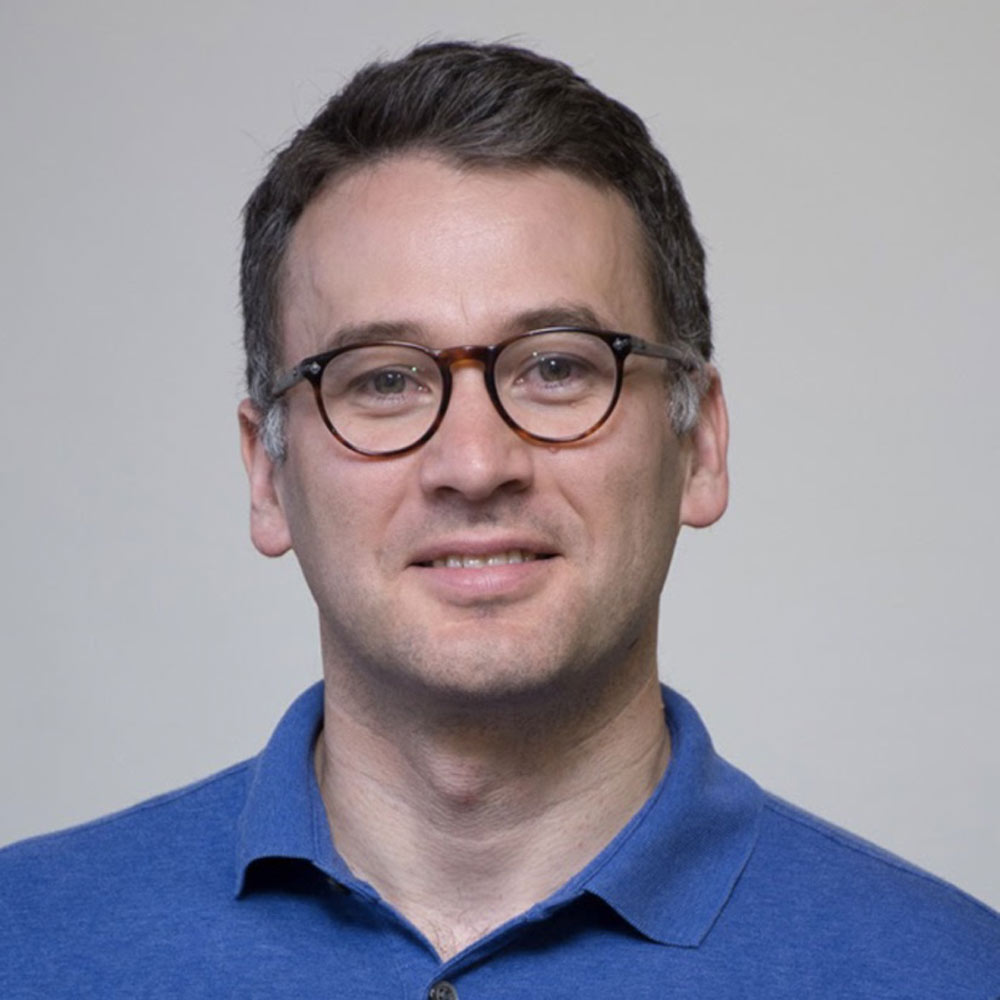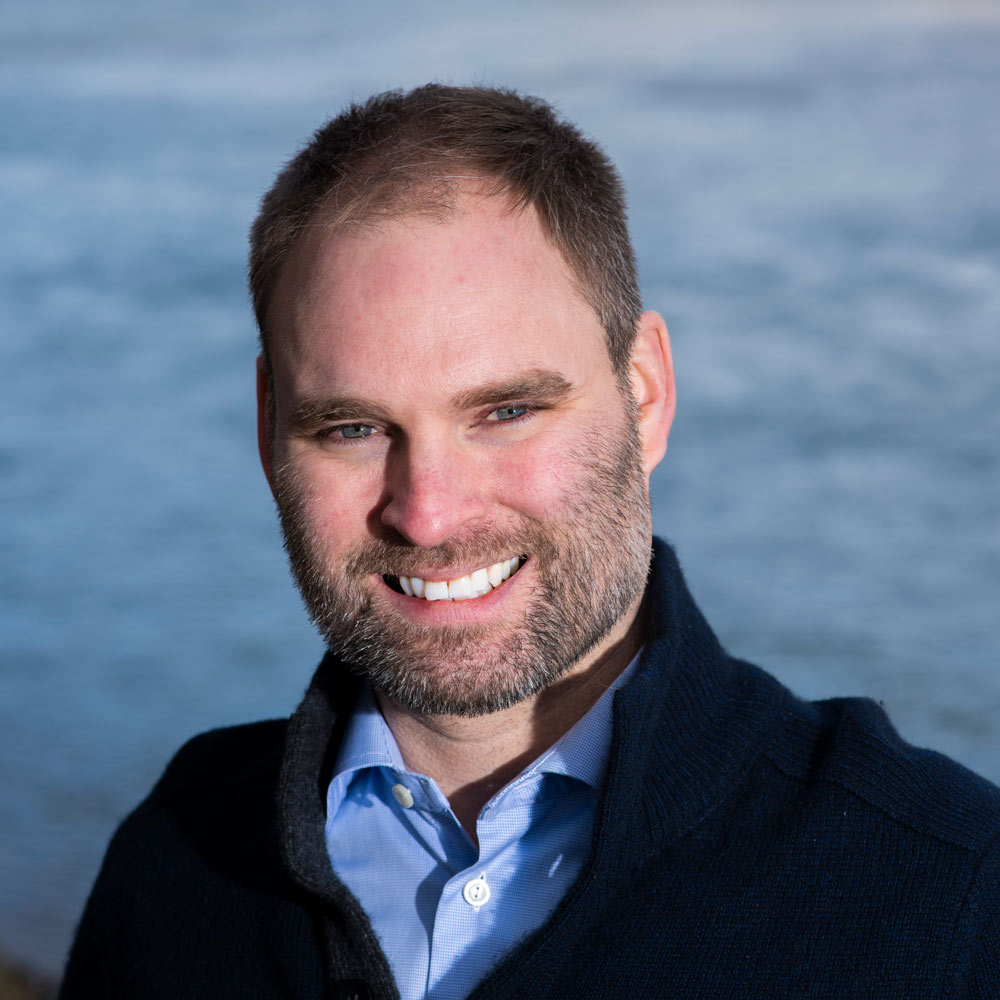Arctic: Development

Arctic: Development
Explore regional development in the Arctic in this four-week course. Investigate the role that natural resources play across the Indigenous, Nordic, Russian and North American Arctics, and gain an understanding of what regional development looks like in a changing Arctic.
Take online for free
Sign up for free on Coursera today or upgrade to get a certificate.
About the Course
In this course, the third in a series of Arctic MOOCs brought to you by a unique partnership between the University of Alberta and UiT The Arctic University of Norway, we will be exploring regional development in a changing Arctic. In this four-week course, you will investigate the role that natural resources play across the Indigenous, Nordic, Russian and North American Arctics, different strategies for resource management in different regions, and how these affect community planning and development efforts in an increasingly populated part of the world.
We'll also see how climate change is dramatically impacting the Arctic, and examine a number of adaptations that different arctic communities are implementing to combat rapid, climate-influenced change.
By the end of this course, you will have an idea of the challenges and opportunities facing Northern communities, and gain an understanding of just what regional development looks like in a changing Arctic.

Explore the arctic in this unique three-part MOOC series brought to you by the University of Alberta and UiT The Arctic University of Norway. Enroll in each course today, or take them separately and take them at your own pace to learn the climate, economy, and development of the Arctic regions.
- Introduction to the Arctic: Climate
- Arctic: Economy
- Arctic: Development
Learning Outcomes
After completing this course, you will be able to:
- Gain an understanding of concepts in Northern sustainability, geopolitics, resource management, planning and development.
- Learn about the climate resilience in Northern communities, and strategies/initiatives to combat a rapidly changing Arctic.
- Learn the importance of and challenges faced by regional planning in a changing Arctic.
Course Format
Prerequisites:
There are no prerequisites for this course, though students are encouraged to also take Introduction to the Arctic: Climate and Arctic Economy. This course is aimed at anybody who has an interest in the Arctic, geography, social sciences, urban planning, history, or economics. The material is equivalent to a first-year university-level course, but is accessible to any member of the general public.
Time Commitment: The course can be completed at the learner’s own pace, at roughly four weeks with three to five hours per week of study.
Coursera:
All four modules of content and quizzes are available for free. Upgrade to a paid certificate of completion option is available.
Take the course for free & gain insight into the Arctic development
Instructor
Joshua Evans, Assistant Professor of Human Geography
Department of Earth and Atmospheric Sciences, University of Alberta
Joshua Evans is a human geographer broadly interested in geographies of exclusion and inclusion. He approaches his work from the vantage point of three interrelated themes: space, knowledge and power. To conceptualize these themes and how they relate, he explains that he draws upon a variety of theoretical frameworks including governmentality theory, actor-network theory, and assemblage theory. Evans utilizes various methodological approaches and techniques in his work including discourse analysis, in-depth interviewing, participant observation, arts-based inquiry, and participatory action research. His work has examined:spaces of care, home, and work and their role in shaping the lived experiences of socially marginalized and vulnerable individuals; and spaces of policy development and implementation and their role in the creation of healthy, enabling and equitable urban environments.
Jeff Birchall, Assistant Professor of Environmental Planning and Climate Change Resilience
Department of Earth and Atmospheric Sciences, University of Alberta
Jeff Birchall runs the Climate Adaptation and Resilience Lab in the School of Urban and Regional Planning at the University of Alberta, and leads the UArctic Thematic Network on Local-scale Planning, Climate Change and Resilience. Jeff has delivered courses on community planning and development at the University of Alberta, Ryerson University and the University of Canterbury. His research focuses on localized climate change impacts and how they affect critical infrastructure and the built form, and how this relates to planning decisions.
Syllabus
Module 1 - Understanding the Arctic
In this short introductory module we'll cover the basics of the Arctic, Northern sustainability, geopolitics, resource management, and development. To do this, we'll first see how the region is usually viewed through the particular lens of the four Arctics. At the end of this module, you'll have the context and vocabulary to tackle some of the issues in resource management, community management, and development, covered in the rest of the course.
Module 2 - Resource Management in the Arctic
Now that you have an understanding of the four Arctics and some of the basic concepts affecting development in these regions, it's time to deep-dive into resource management. In this module we'll first take stock of some of the renewable and nonrenewable resources in the Arctic, and explore different resource management strategies employed in each of the four Arctics, encountering a number of "tragedy of the commons" case studies. Finally, you'll reflect upon the formation and function of the Arctic Council, and its role in resource management.
Module 3 - Community Management in the Arctic
Now that we're aware of some of the resources in the Arctic and how they're managed, it's time to move on to the people that live there. In this module, we'll turn our attention to community planning and development efforts in an increasingly populated Arctic, and how communities in various Arctic regions form resilience to some of the unique problems faced in these regions.
Module 4 - Development in a Changing Arctic
Our previous three modules have given us the background needed to finally tackle the largest question posed in the course: what does development look like in a changing Arctic? In this module, we'll see how climate change is impacting the Arctic, and examine a number of structural and non-structural adaptations that different Arctic communities are implementing. Finally, we will look at the strategies and policies directing and maintaining development across the four Arctics in the face of immense environmental change.

